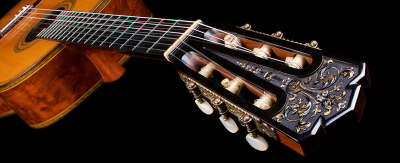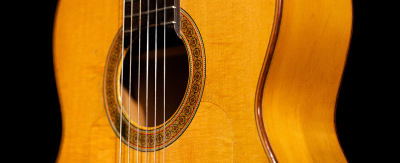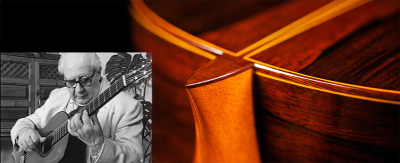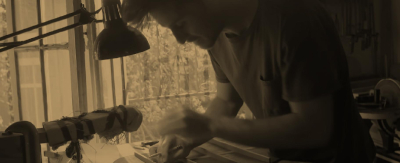"PASEO" - A New Album By John Williams Is Now Available!
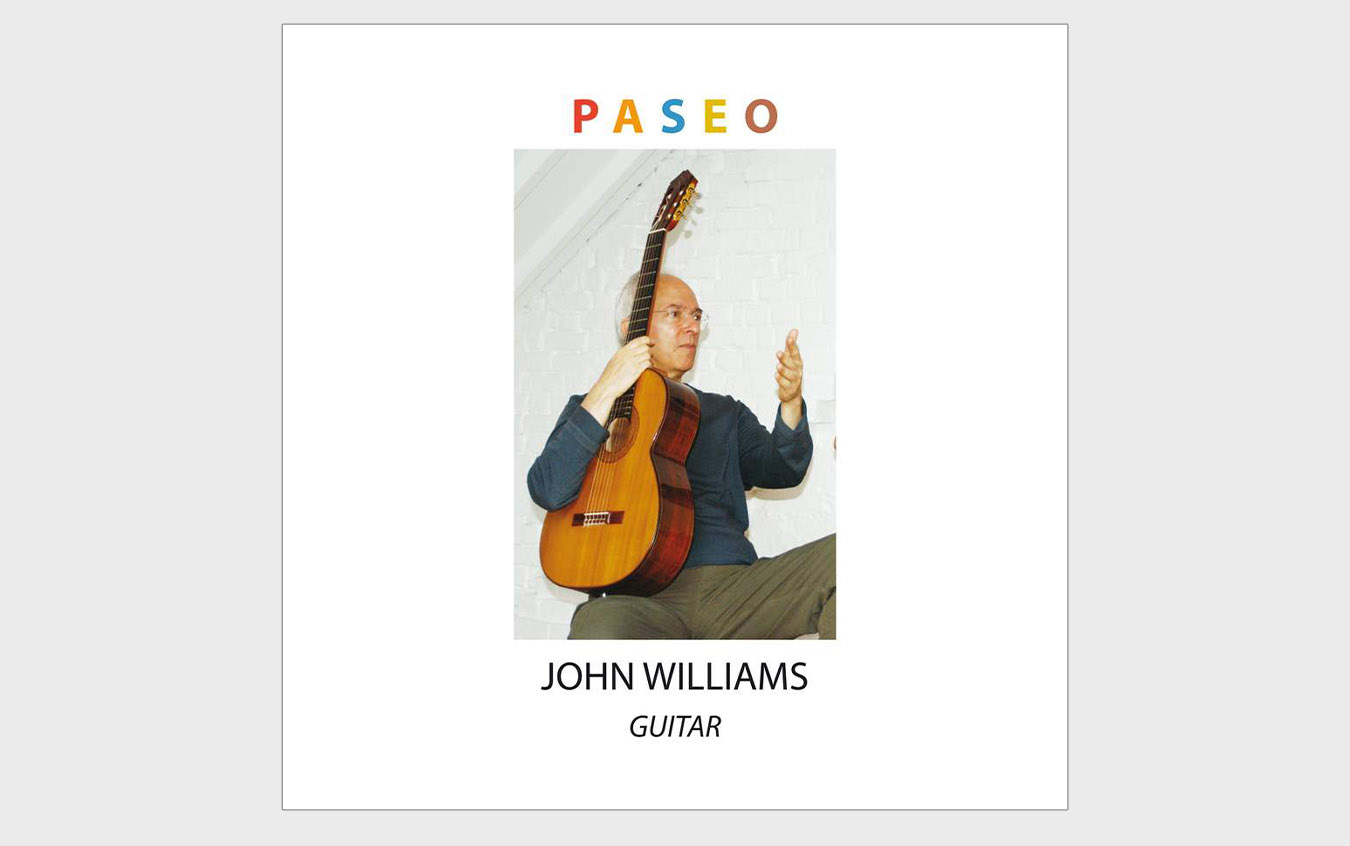 One of the top classical guitarists of the 20th century, John Williams, has released a new album! "Paseo" (Promenade) premiered last week, on October 25th and is available for streaming on Spotify and Prestomusic.com.
One of the top classical guitarists of the 20th century, John Williams, has released a new album! "Paseo" (Promenade) premiered last week, on October 25th and is available for streaming on Spotify and Prestomusic.com.
Perhaps it's best to learn about the album directly from John Williams' description:
La Ciudad de las Columnas (2004) by the Cuban composer, guitarist and conductor Leo Brouwer, is an evocation of various scenes of Havana, his home. It is subtitled Variations on Piece without title No. 1 which is called here “Andar la Habana” and is proceeded by the introduction.
There then follows (after a short ‘paseo') La Ceiba y el Colibrí, Convento de San Francisco, (second ‘paseo’), Por La Calle del Obispo, Amanecer en el Morro and finally Toque en la Plaza de Armas, about which Leo Brouwer writes: “ 400 years ago African slaves in Cuba celebrated Christmas with a big fiesta (drums, dance, rum…). The playing of percussion instruments is what we call a ‘toque’. “
When writing When the Birds Return I had no title in mind, however, the third section, when the tremolo returns, reminded me of that feeling when seeing the flock of birds in the distant sky returning from their migration. The guitar has always been at the heart of South American music - this is exemplified in the music of the Paraguayan guitar composer Agustín Barrios Mangoré, which I have played so often - and so this Homage to Barrios is my tribute to him.
Como Llora una Estrella by Antonio Carillo is a very popular Venezuelan song and has been beautifully arranged for guitar by Alirio Diaz. Por ti mi Corazón was published as one of three Mexican popular songs but is an original melody by its composer Manuel Ponce; he wrote Scherzino Mexicano for piano before it became a much loved guitar piece.
Fernando Sor’s Opus 9 and Joaquin Turina’s Fandangillo are both established guitar repertoire pieces which I think need a closer look: Sor’s own version of the Magic Flute theme has always seemed to me almost unrecognisable, so I have replaced it with the original theme of the slaves’ chorus at the end of the first act from that opera and see the whole piece as more operatic. For Fandangillo I went back to Turina’s original which had many small but important details different to the better known edited version.
Another Time - a bit of nostalgia! I wanted to recapture that moment in America musicals of yesteryear when the song emerges from the dialogue.
- John Williams
[source: prestomusic.com]
1 comment

